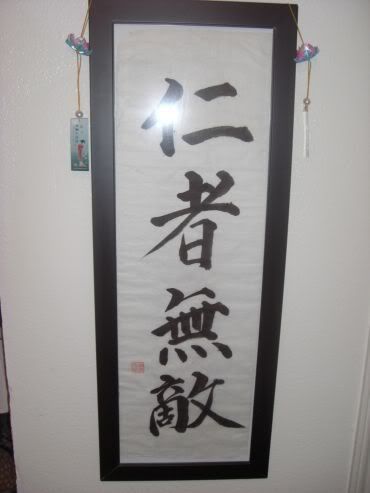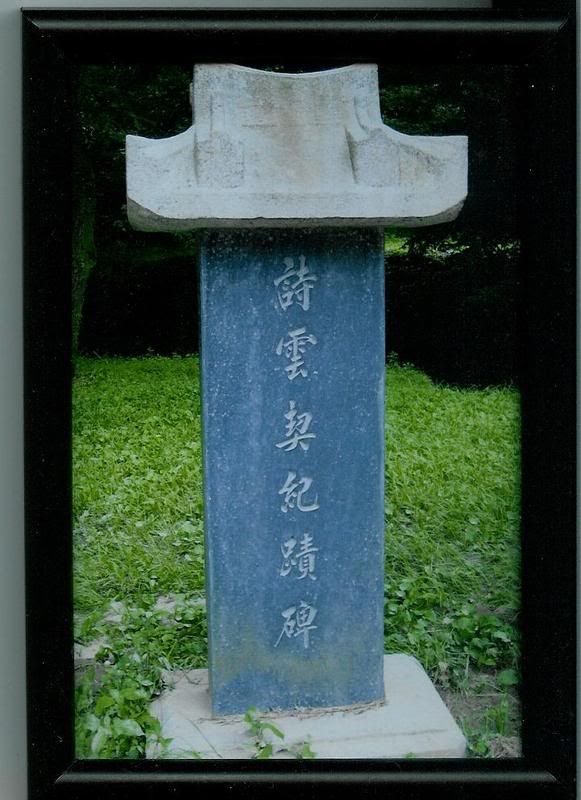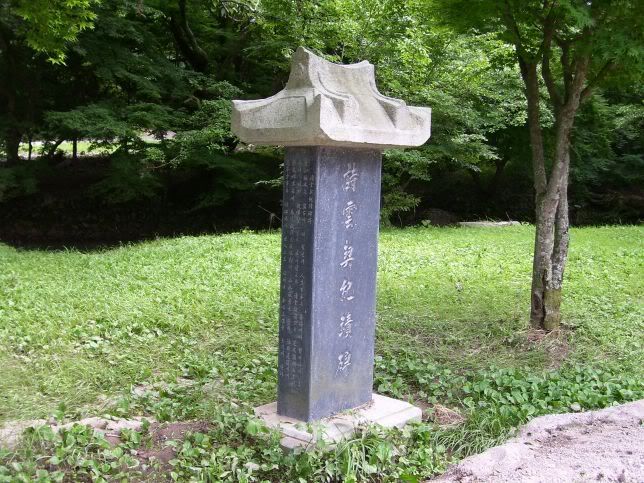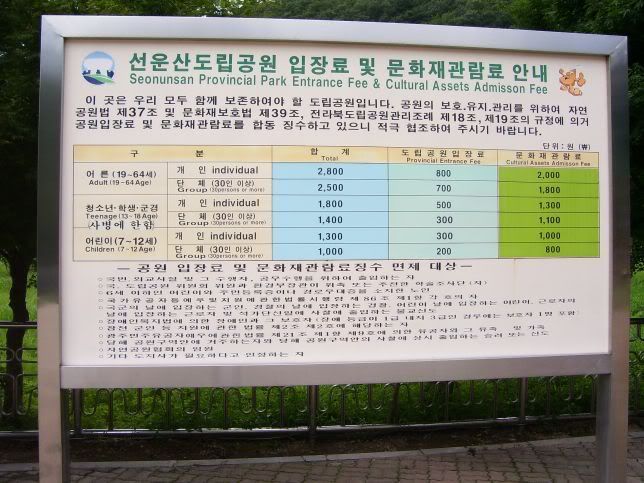
Okay so this is in my apartment and for all I know it says "Matthew Smells Funny". Anyone want to help me out? It was purchased two years ago by my ex-fiance in one of those Korean Folk Villages that have local artisans. I'm assuming it's hanja. If I were to guess I would think that the top character is the number "2" but that's just a guess.
Sorry for the flash glare. Thanks in advance!





